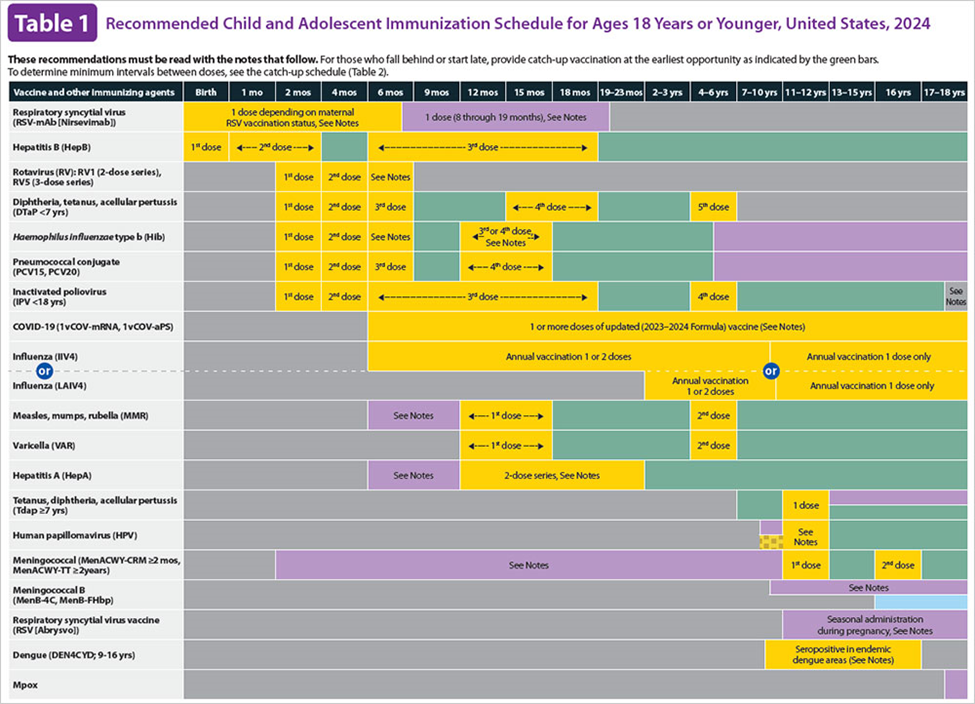The nurse is providing discharge instructions to the parents of a 2-year-old child who had an orchiopexy to correct cryptorchidism. Which statement by the parents indicate that further teaching is necessary?
"I give him medication so he'll be comfortable."
"I check his voiding to be sure there's no problem."
"I check his temperature."
“I’ll let him decide when to return to his play activities."
The Correct Answer is D
A. "I give him medication so he'll be comfortable."
- This statement indicates that the parents are providing medication to ensure the child's comfort after the procedure, which is an appropriate action. It suggests that the parents are attentive to the child's needs postoperatively.
B. "I check his voiding to be sure there's no problem."
- Checking the child's voiding is important postoperatively to ensure there are no urinary retention issues or other complications related to urination. This statement reflects appropriate postoperative care and monitoring.
C. "I check his temperature."
- Monitoring the child's temperature is also a good practice postoperatively to watch for signs of infection or other complications. This statement indicates that the parents are attentive to signs of potential postoperative issues.
D. “I’ll let him decide when to return to his play activities."
- This statement suggests that the parents plan to let the child decide when to resume play activities after the surgery. However, after a surgical procedure like orchiopexy, it's important for parents to follow specific guidelines provided by healthcare providers regarding activity restrictions and return to normal activities. Allowing the child to decide may not align with the recommended postoperative care plan.
Nursing Test Bank
Naxlex Comprehensive Predictor Exams
Related Questions
Correct Answer is A
Explanation
A. No treatment is necessary, the fluid is reabsorbing normally:
- This option suggests that the hydrocele is resolving spontaneously, which is often the case in infants. The physician may choose to observe the hydrocele over time as it is likely to resolve without intervention.
B. Keeping the infant in a flat, supine position until the fluid is gone:
- This option does not address the underlying cause of the hydrocele and is not a standard treatment recommendation. Additionally, positioning changes are unlikely to affect the resolution of the hydrocele.
C. Referral to a surgeon for repair:
- Surgical repair may be considered if the hydrocele persists beyond a certain age or if it causes discomfort or complications. However, it is typically not recommended in infants unless the hydrocele persists beyond infancy or causes other issues.
D. Massaging the groin area twice a day until the fluid is gone:
- Massaging the groin area is not a recommended treatment for hydrocele and may not be effective in resolving the condition. Additionally, manipulating the scrotum may cause discomfort or injury to the infant.
Correct Answer is B
Explanation
A. Influenza:
The influenza vaccine is typically administered annually starting at 6 months of age. It helps protect against seasonal influenza viruses and is usually recommended during the fall or winter months.
B. Rotavirus:
The rotavirus vaccine is routinely administered to infants starting at 2 months of age, with additional doses given at 4 and 6 months of age. It helps prevent rotavirus infection, which can cause severe diarrhea and vomiting in infants and young children.
C. Measles, mumps, rubella (MMR):
The MMR vaccine is typically administered around 12-15 months of age, with a second dose given at 4-6 years of age. It helps protect against measles, mumps, and rubella, which are contagious viral infections that can cause serious complications.
D. Varicella (VAR):
The varicella vaccine, also known as the chickenpox vaccine, is usually administered around 12-15 months of age, with a second dose given at 4-6 years of age. It helps prevent chickenpox, a highly contagious viral infection characterized by a rash and fever.

Whether you are a student looking to ace your exams or a practicing nurse seeking to enhance your expertise , our nursing education contents will empower you with the confidence and competence to make a difference in the lives of patients and become a respected leader in the healthcare field.
Visit Naxlex, invest in your future and unlock endless possibilities with our unparalleled nursing education contents today
Report Wrong Answer on the Current Question
Do you disagree with the answer? If yes, what is your expected answer? Explain.
Kindly be descriptive with the issue you are facing.
